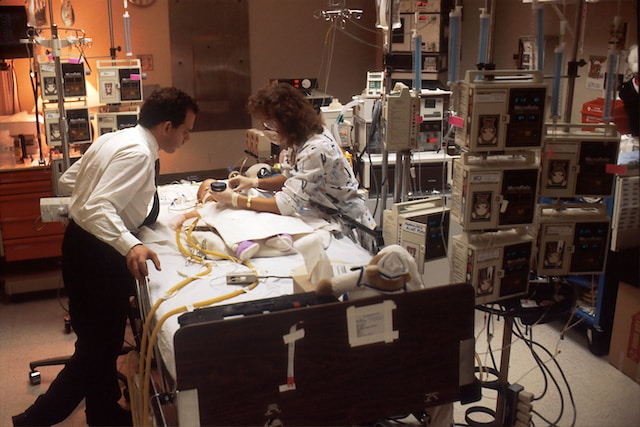Prostate cancer is the second most common cancer among men worldwide, and as men age, their risk of developing the disease increases. To detect the cancer early, routine prostate-specific antigen (PSA) screenings have been recommended by medical organizations and doctors. However, there is growing concern about over-screening and the potential harm it may cause, particularly for older men. In this article, we will explore the controversy surrounding prostate cancer screening in older men and the debates surrounding the issue.
One of the primary concerns about PSA screening is the risk of over-diagnosis and over-treatment. Over-diagnosis occurs when a man is diagnosed with prostate cancer that is unlikely to cause harm during his lifetime. Over-treatment occurs when a man undergoes treatment for prostate cancer that may not be necessary, such as surgery or radiation therapy, which can have significant side effects, including impotence and urinary incontinence.
In 2012, the United States Preventive Services Task Force (USPSTF) recommended against routine PSA screenings for men over the age of 75, citing the potential harm of over-diagnosis and over-treatment. However, not all medical organizations agree with this recommendation. The American Urological Association, for example, recommends that men between the ages of 55 and 69 discuss the benefits and risks of PSA screening with their doctor and make an informed decision about whether to undergo the test.
Despite these recommendations, many older men continue to undergo PSA screenings, and the debate surrounding the issue remains contentious. On one hand, proponents of routine PSA screening argue that early detection of prostate cancer can save lives and that over-treatment can be avoided by taking a more individualized approach to screening, taking into account a man’s overall health and life expectancy.
On the other hand, critics of routine PSA screening argue that the benefits of early detection may be overstated and that over-diagnosis and over-treatment are significant concerns, particularly for older men. In addition, some experts argue that the PSA test is not always an accurate indicator of prostate cancer and that other factors, such as a man’s family history of the disease, should be taken into account.
So, what is the best approach to prostate cancer screening for older men? The answer is not clear-cut and is likely to vary depending on a man’s individual circumstances. However, there is growing recognition of the need for more individualized approaches to prostate cancer screening that take into account a man’s overall health and life expectancy, as well as other risk factors.
It’s also important to note that screening is just one aspect of prostate cancer prevention and management. Lifestyle factors, such as diet and exercise, as well as regular physical exams, are also important for reducing the risk of developing the disease and ensuring early detection and appropriate treatment.
In conclusion, the controversy surrounding prostate cancer screening in older men is a complex issue that requires careful consideration. While routine PSA screening may have been widely recommended in the past, there is growing concern about the potential harm of over-diagnosis and over-treatment. As the population continues to age, it is essential that we develop more effective and individualized approaches to prostate cancer screening that take into account a man’s overall health and life expectancy.










